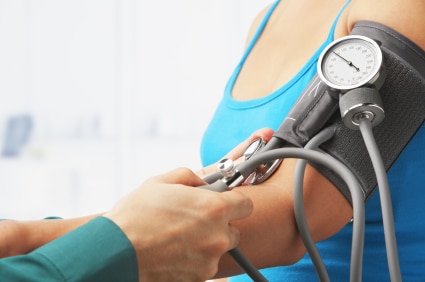High blood pressure is the “silent killer”, because there are usually no or few warning signs associated with hypertension. High...

High blood pressure is the “silent killer”, because there are usually no or few warning signs associated with hypertension. High...